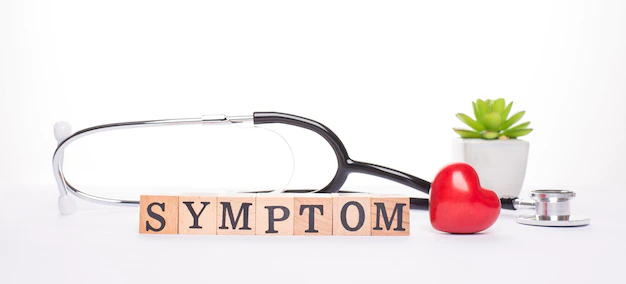Atrial Fibrillation: Symptoms and Causes

Atrial fibrillation (AFib) is a type of heart arrhythmia that affects the upper chambers of the heart, called the atria. In AFib, the atria beat irregularly and faster than normal, which can cause blood to pool and clot in the heart, leading to serious complications such as stroke. Here are the symptoms and causes of AFib:
Symptoms:
- Irregular heartbeat or palpitations
- Shortness of breath
- Fatigue or weakness
- Dizziness or lightheadedness
- Chest pain or discomfort
- Sweating
- Fainting
Causes:
- High blood pressure
- Coronary artery disease
- Heart valve disease
- Congenital heart defects
- Sleep apnea
- Thyroid problems
- Lung disease
- Viral infections
- Excessive alcohol consumption
- Stimulant use (such as caffeine or nicotine)
AFib can also occur without any underlying cause, known as idiopathic AFib.
Risk factors for AFib include age (particularly over 60 years old), a family history of AFib, obesity, diabetes, and a history of heart disease.
If you experience symptoms of AFib, it is important to seek medical attention. Your doctor may perform tests such as an electrocardiogram (ECG) or a Holter monitor to diagnose AFib. Treatment options include medications to control heart rate and rhythm, blood thinners to prevent clots and stroke, and in some cases, procedures such as cardioversion or catheter ablation to restore normal heart rhythm.
